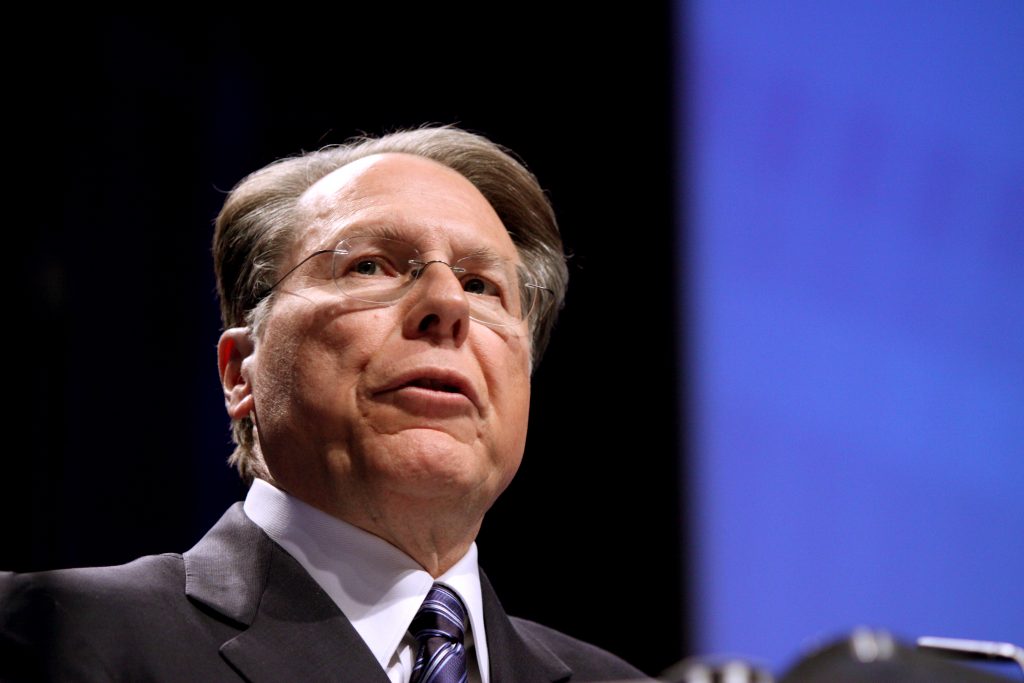Jury Finds NRA Leadership Responsible for Financial Misconduct

A Manhattan jury has delivered a significant verdict against the National Rifle Association (NRA), marking a pivotal moment for the organization known for its staunch defense of gun rights in America. Wayne LaPierre, the NRA’s former leader, along with other top executives, was found guilty of misusing funds for personal luxuries, a decision that has cast a long shadow over the group’s reputation and financial integrity, according to reporting by The New York Times.
The ruling, stemming from a lawsuit filed by New York Attorney General Letitia James, exposed a pattern of lavish spending by LaPierre, including luxury flights, vacations, and yacht trips, all paid for with NRA funds. This misuse of funds led the jury to conclude that LaPierre and his associates had breached their duties to the nonprofit, putting personal gain over the organization’s mission.
The verdict has significant implications for the NRA, an entity that has played a crucial role in shaping America’s gun policy and culture. Despite its influence, the organization has faced internal turmoil and legal challenges in recent years, with this verdict likely to exacerbate those issues. The ruling also underscores the broader debates surrounding gun rights and regulation in the United States, a nation grappling with the consequences of gun violence.
Attorney General Letitia James hailed the decision as a “major victory for the people of New York,” emphasizing that the verdict holds LaPierre and the NRA accountable for their actions. The financial repercussions for the individuals involved are substantial, with LaPierre ordered to repay millions of dollars.
The trial, which has attracted widespread attention, highlighted the extravagant expenses and questionable practices at the heart of the NRA’s leadership. It also brought to light the organization’s efforts to silence whistleblowers and manipulate financial records, practices that have now been judicially recognized and condemned.
As the NRA navigates the fallout from this verdict, the focus now shifts to the potential installation of a monitor to oversee the organization’s financial management and the possible barring of LaPierre and other executives from holding positions in New York nonprofits. While the NRA attempted to frame the verdict as evidence of its victimization, the court’s decision paints a different picture, one of systemic misuse of funds and a lack of accountability at the highest levels.
This verdict represents a low point for the NRA but also serves as a reminder of the legal and ethical responsibilities that come with managing a nonprofit organization. As the case proceeds to its next phase, the implications for the NRA’s future and the broader gun rights movement remain uncertain.

